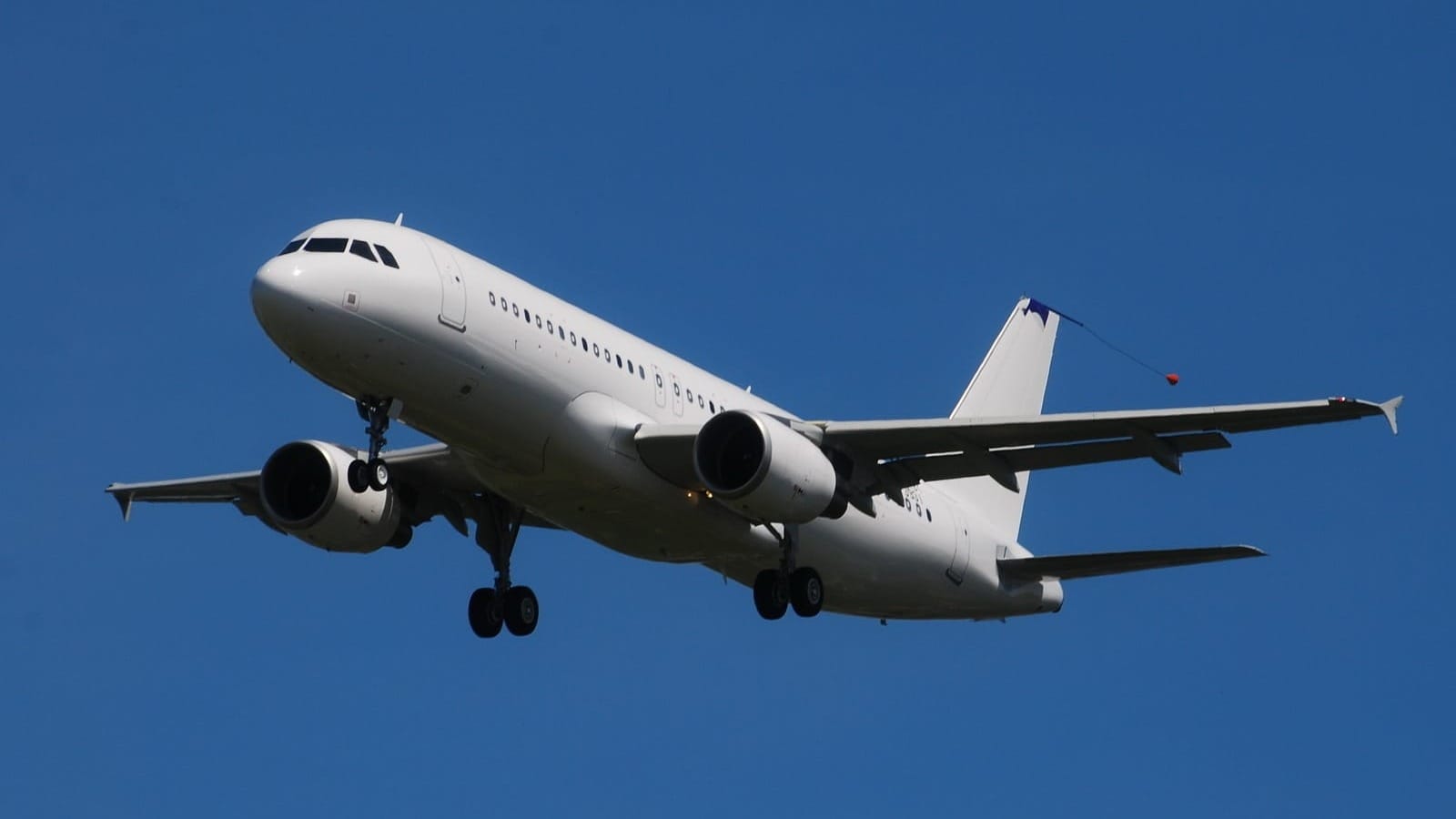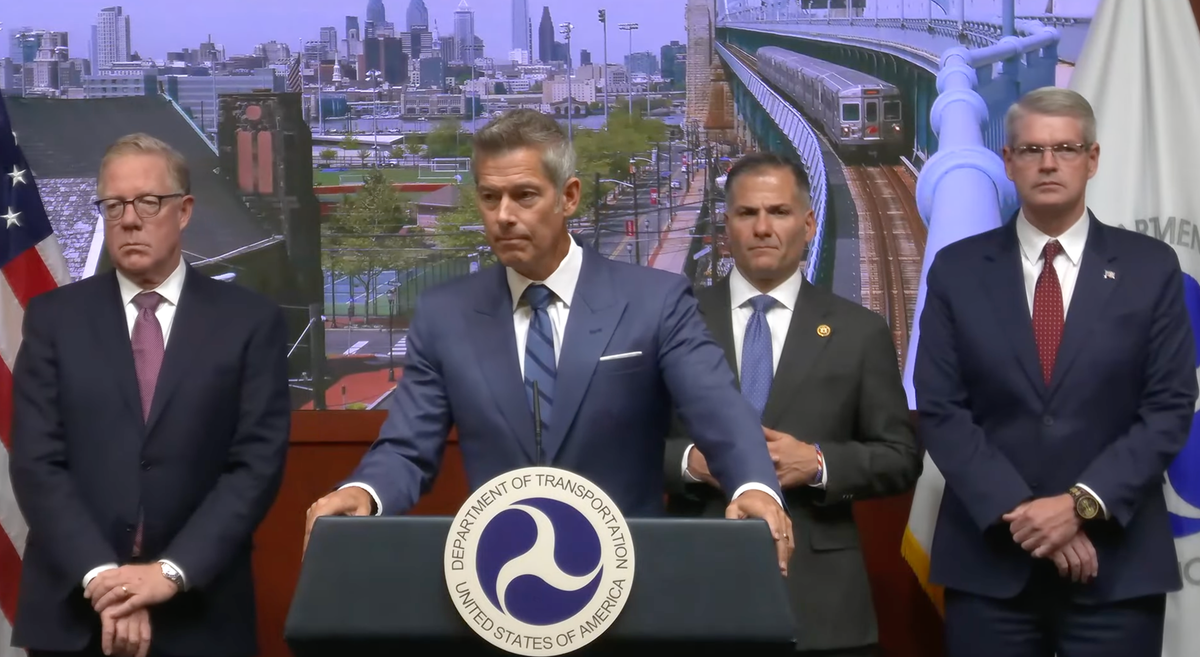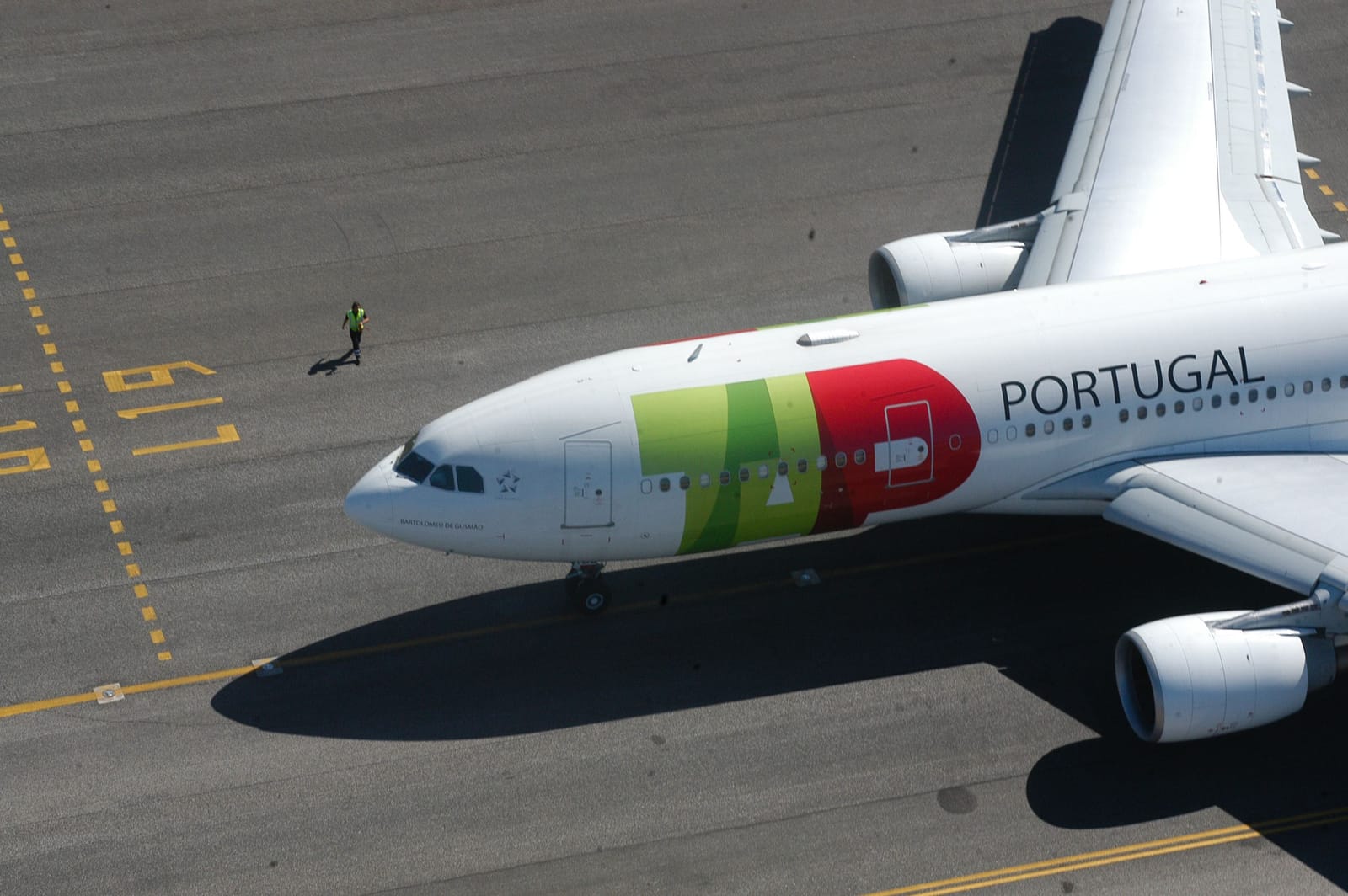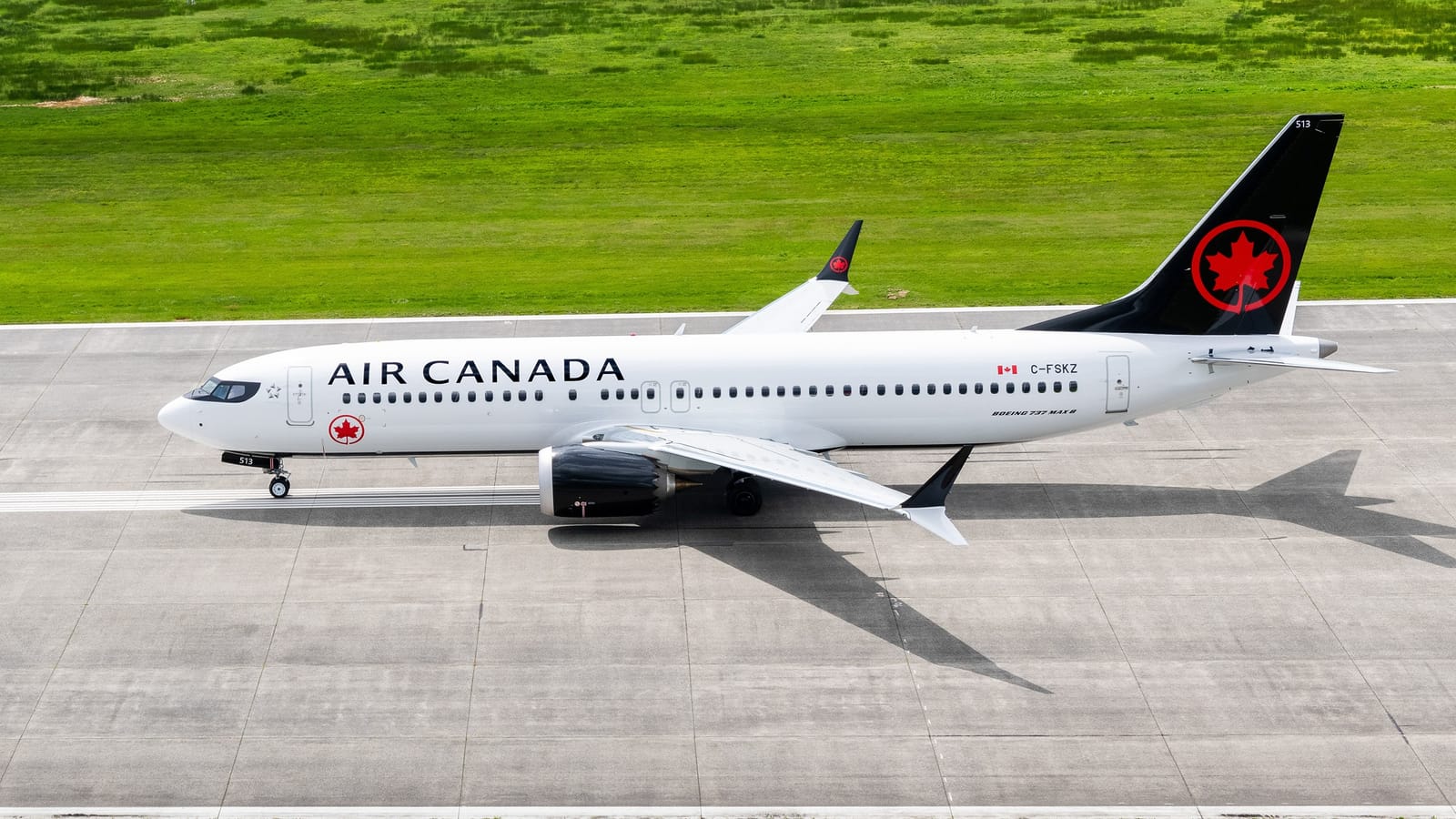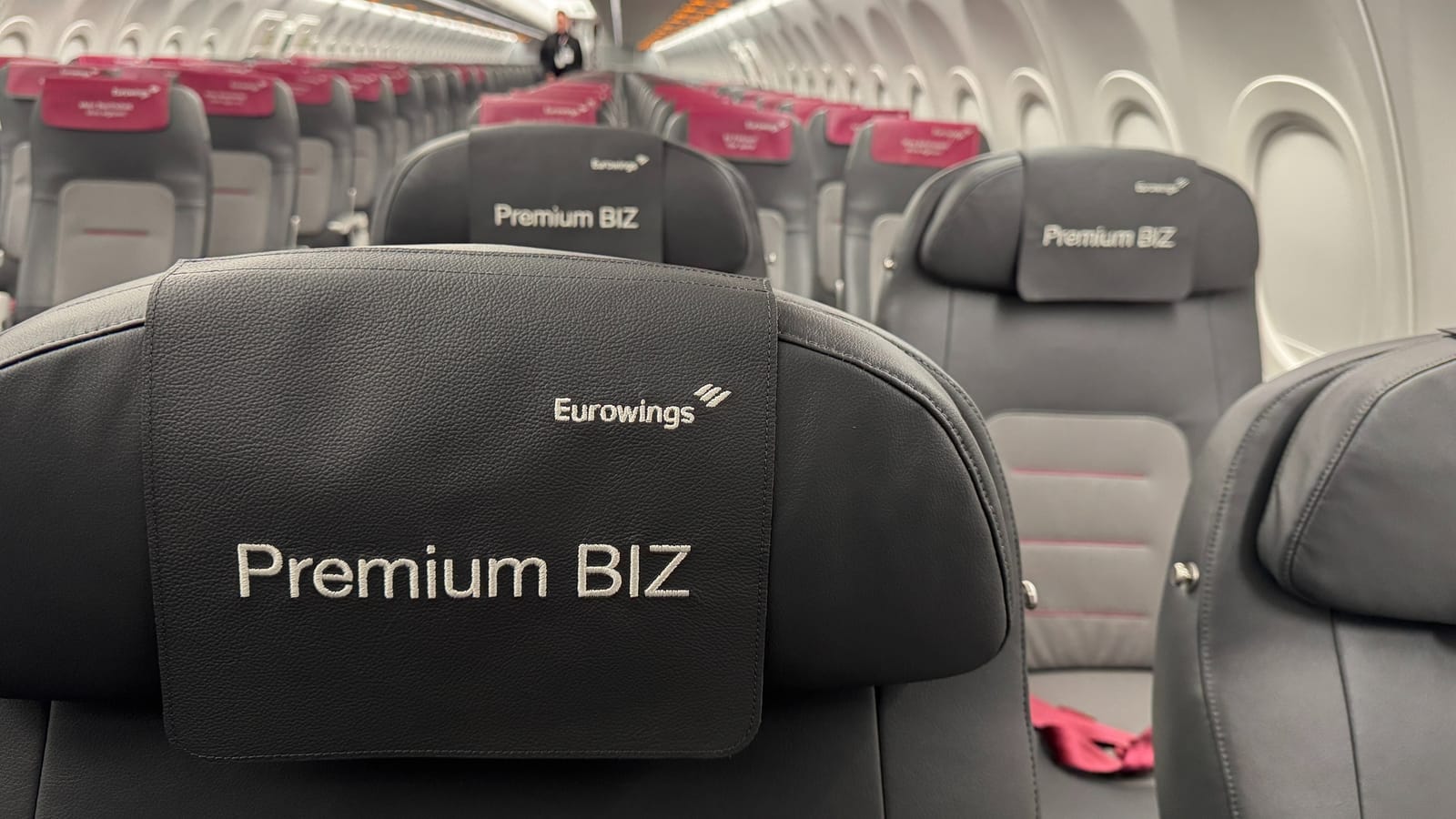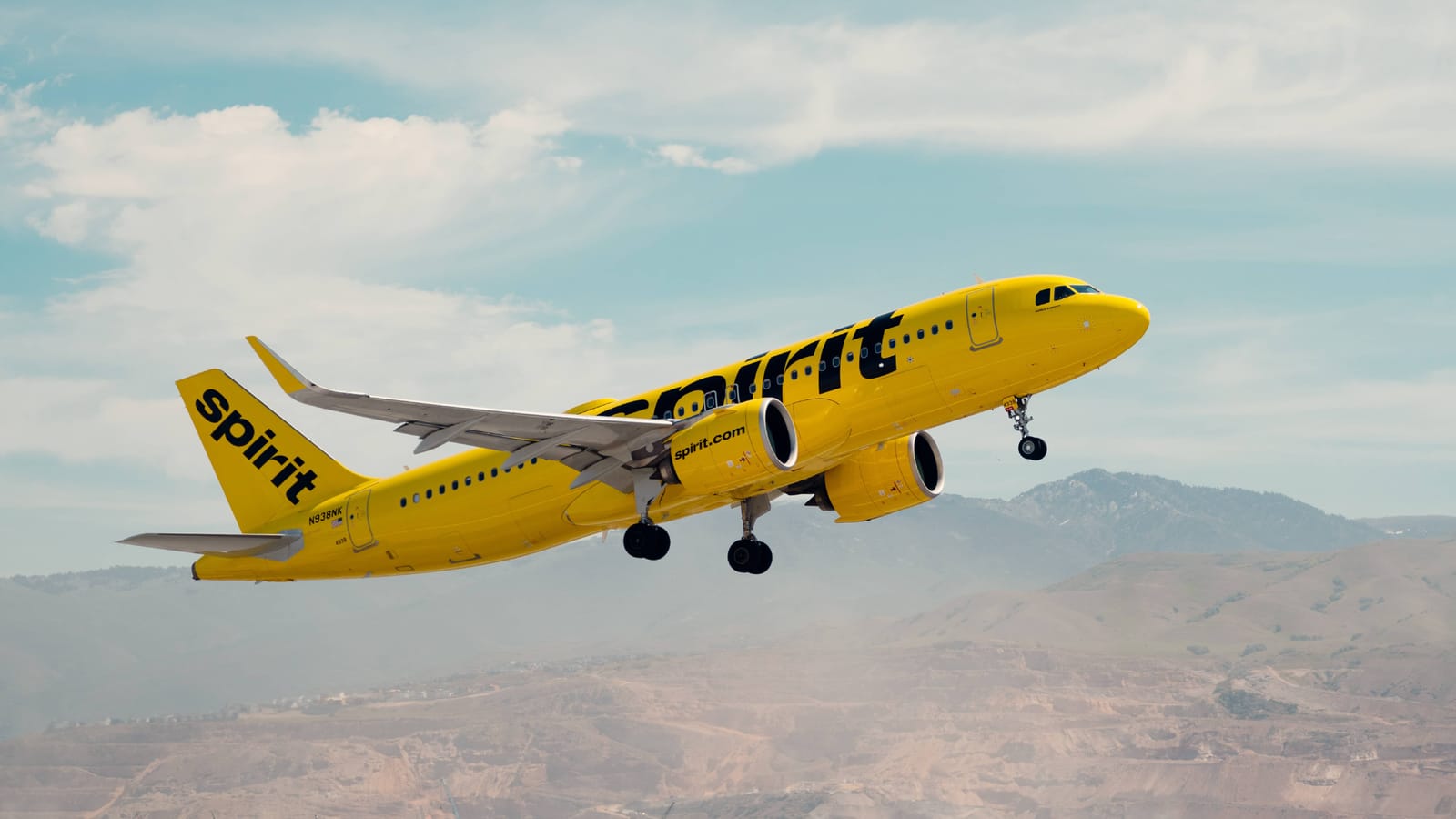Flight Personnel Union (FPU) Romania, part of Denmark’s FPU and a member of the European Cockpit Association (ECA), has put the spotlight on a recent study regarding the working conditions of flight crews across Europe, warning that social dumping is rampant in Eastern Europe.
On November 4, 2025, FPU Romania, a Romania-based union that represents pilots and flight attendants working in the country, highlighted a recent study conducted by Ghent University, which focused on atypical employment of European pilots and flight attendants.
According to the union, the study pointed out that Eastern Europe, namely Bulgaria, Estonia, Czechia, Hungary, Latvia, Lithuania, Poland, Slovakia, and Romania, has the highest share of atypical employment in the European Union (EU).
Around 52% of pilots and flight attendants in Eastern Europe “work under precarious or atypical employment arrangements, such as bogus self-employment, cooperation through intermediaries, or temporary work agencies, compared with only 7% in the rest of Europe,” FPU Romania said.
“The report also shows that workers from Eastern Europe experience higher levels of job insecurity and a lower willingness to report accumulated fatigue or safety concerns, clear signs of the lack of an effective oversight and protection system at both national and European levels.”
FPU Romania stated that the study once again shed a light on issues it has been raising for years: “extensive use of subcontracting through non-EU contracts and the abuse of wet-leasing models to bypass European labour legislation.”

The union reiterated its calls for the EU to revise Regulation (EC) No 1008/2008 for the legislation to reflect the “current market realities and ensure the uniform application of labour and social protection rules for all aviation workers, regardless of their employment model.”
Mircea Constantin, the Secretary General of FPU Romania, added that Eastern Europe has “clearly become the new battlefield of European aviation, and our members are standing right in the heart of that storm.”
“We carry a strong mandate to keep pushing for decent working conditions and fair competition across Europe.”
In a statement to The Engine Cowl, Constantin explained that in the region, airlines do not provide many employment alternatives, leaving pilots and/or flight attendants without any other choice but to accept “atypical contract arrangements that vary from [one] company to another,” which share the same principle that flight crews are self-employed.
For pilots or cabin crew members who are starting their careers and are looking for their first opportunity, there might be few, if any, alternatives until they can get a more decent job with proper job security and benefits, Constantin added.
The head of FPU Romania once again highlighted the most disturbing conclusion of Ghent University’s study: self-employed flight crews avoid reporting fatigue, with their willingness to disclose such issues ranking the worst in the EU.
“Pilots and cabin crew may be reluctant to report any issue to their company from fear that their contract will be terminated without any real justification,” Constantin stated, adding that at times, employment contracts can be signed in jurisdictions where “you will never, as a crew, have any chance to defend yourself.”
Ghent University’s study reported that among all airline types, including network carriers, regional carriers, low-cost carriers, charter carriers, business aviation companies, and aircraft, crew, maintenance, and insurance (ACMI) providers, the latter’s employees have the lowest union representation at 35%. The study added that 16% of the surveyed ACMI providers’ employees “did not join a union due to fear.”
Constantin simply noted that pilots and/or flight attendants are reluctant to join unions due to their fear of losing their jobs. While firing someone for being represented by a union would be illegal, due to the nature of the working relationship between the flight crew and an airline – self-employment – they would “just be released from their atypical contracts.”
“So, they prefer to stay quiet, do not disturb anyone, so that they can navigate these insecurities,” Constantin continued, saying that employees fear retaliation even if they are very sick or when they would otherwise report a serious in-flight incident.
On May 12, the European Commission (EC) launched a call for evidence on the EU’s Air Services Regulation, known as Regulation (EC) No 1008/2008. After the call for evidence period ended on June 11, the Commission invited stakeholders to provide feedback on the revision of the legislation.
“Reviewing the Regulation will prepare the air services sector for the future, ensuring it remains competitive, maintains connectivity, and protects consumer interests.”
While according to the EC, the review covers “hand luggage allowances” and ways to reduce disruptions related to air traffic control (ATC) strikes, Constantin told The Engine Cowl that FPU Romania and other unions will provide feedback in an attempt “to close the loopholes, particularly in labour and social protection, wet-lease practices, and oversight capabilities.”
Constantin concluded that the Air Services Regulation has been “obsolete since 2008.” ECA, for example, outlined a roadmap for the regulation in 2016, saying that the key issues include, but are not exclusive to, atypical work and wet leasing.
In May 2023, ECA stated that while the Air Services Regulation “has played a very important role in liberalizing aviation in Europe,” lawmakers forgot “to address the social consequences.” This resulted in “many pilots” flying with “bogus self-employment and atypical contracts without access to social security and basic labour protection.”
On June 11, ECA launched a campaign titled ‘Flying tired is not safe,’ highlighting that fatigue risks have gotten worse than ever.
“Years of cost-cutting, social dumping, precarious contracts, and COVID-induced instability have hollowed out aviation’s operational resilience.”
The result of those cuts is chronic understaffing, unrealistic scheduling, inadequate buffers, and pressure “to make it work,” which “lands squarely on the shoulders of the crews,” ECA stated.
Ghent University’s study, which came 10 years after the university’s first report on atypical employment in aviation, demonstrated “that employment structures, labour relations, and organizational practices in the European aviation sector are critical determinants of well-being, safety culture, and workforce retention.” In addition, “social engineering, in particular when connected to (chains of) bogus-subcontracting constructions, lead to deterioration of workers’ rights.”
Ghent University’s study is available in full here.
On November 3, the European Union Aviation Safety Agency (EASA) launched a survey, inviting pilots, flight attendants, and operational control personnel to share their experience on “how working and employment conditions may influence the safety performance and wellbeing of aviation professionals in safety-critical roles.”
In a statement about the study, ECA emphasized that, for the first time ever, the regulator wants to hear from flight crews in order to begin the process of “building a fairer, safer aviation system.”
“Your insights can help EASA and policymakers understand the good and the bad practices out there, and the real issues pilots face. To ensure EU decisions are based on the realities of the cockpit, not just assumptions.”


